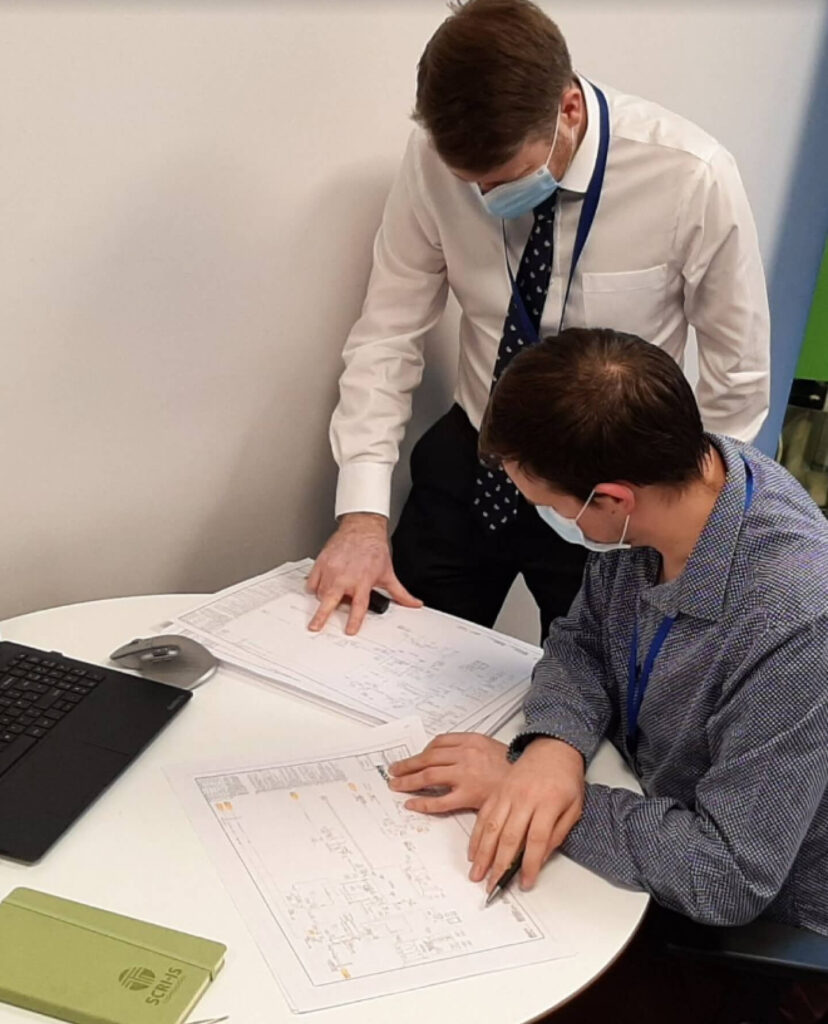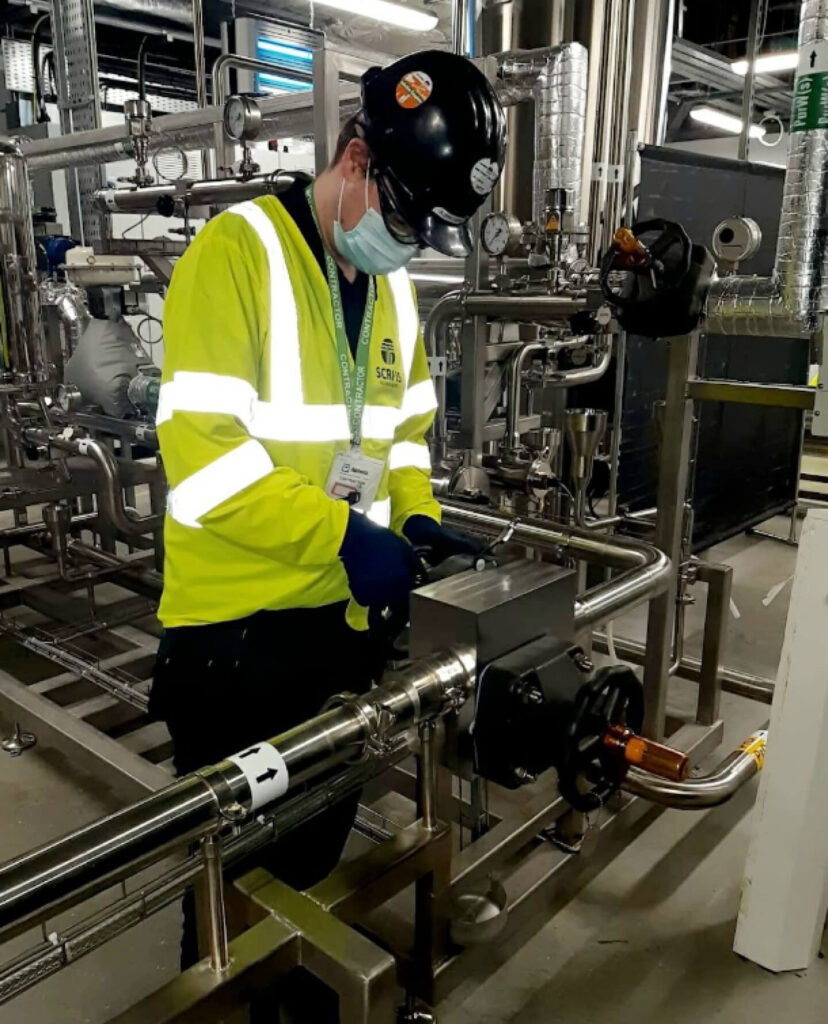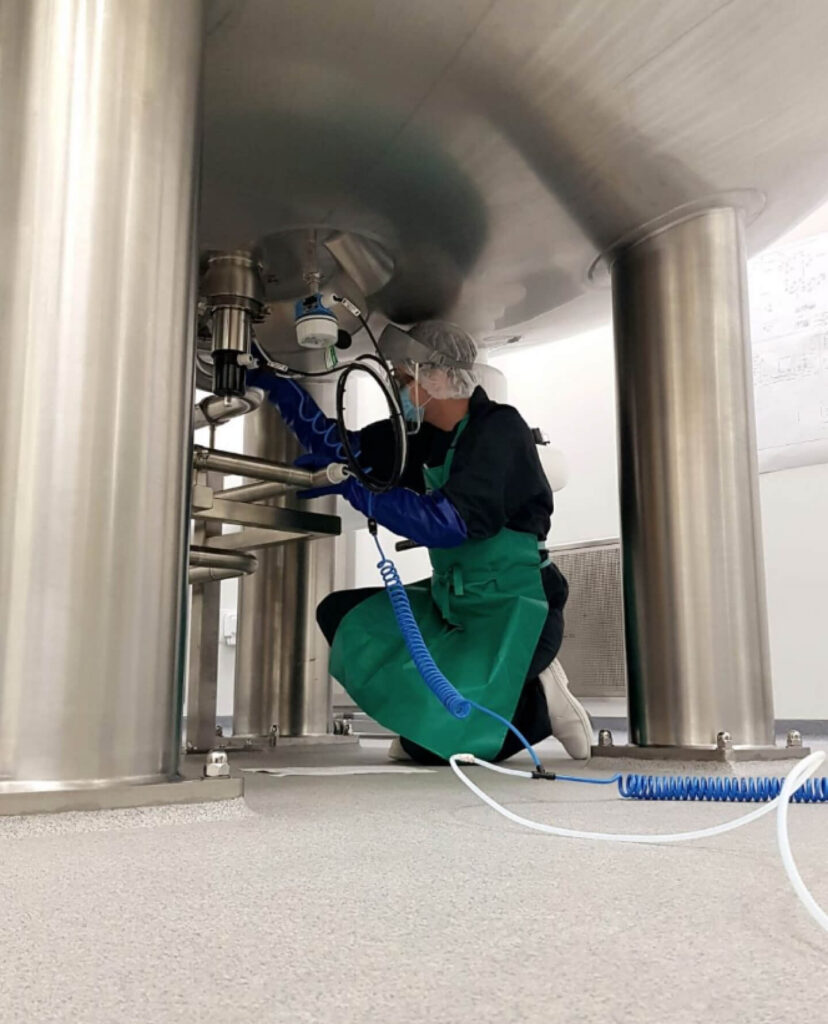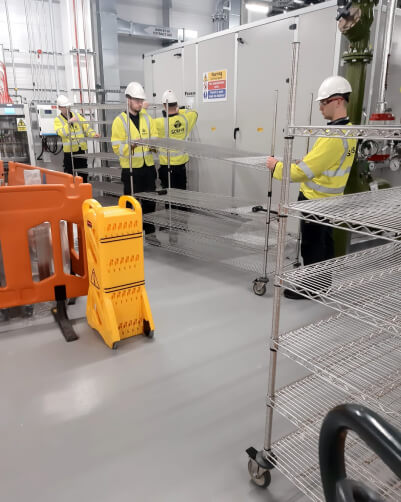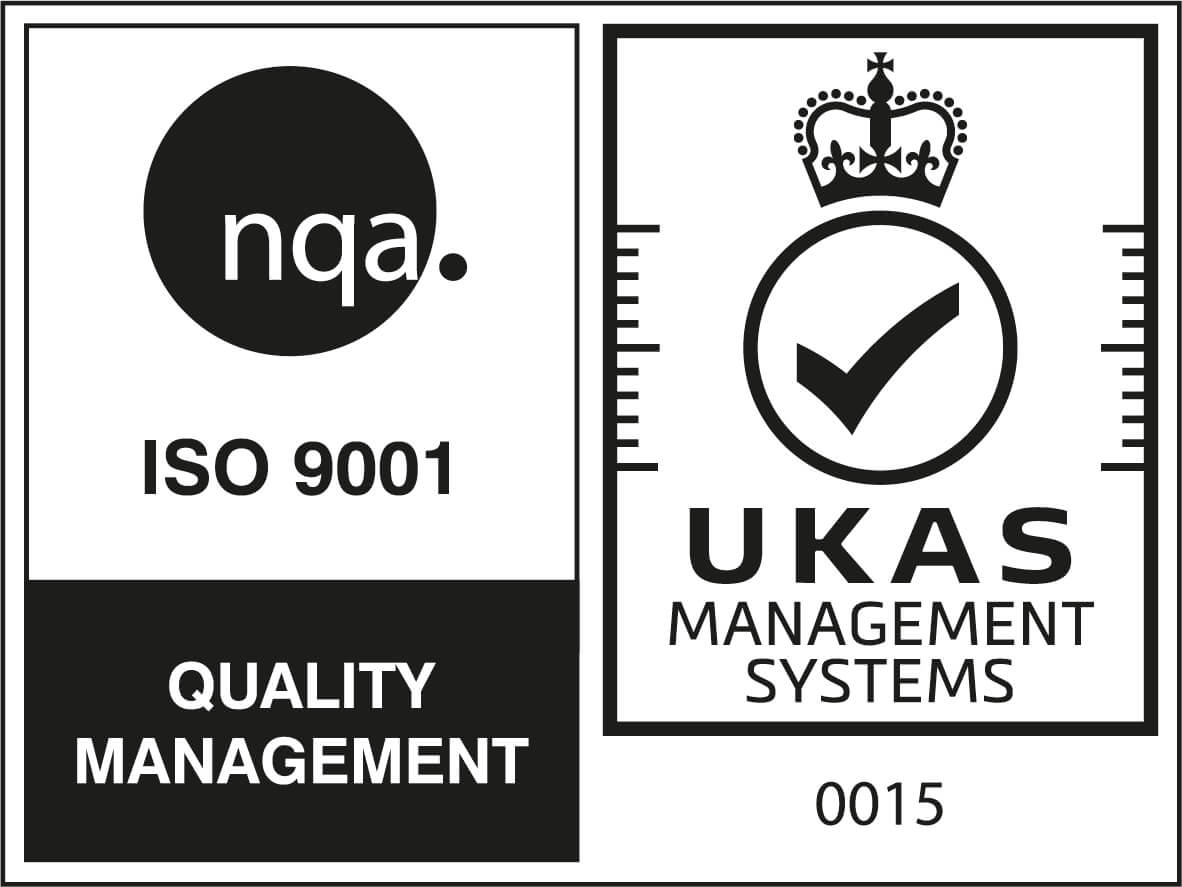SCRI-IS Technologies Ltd are a team of biopharma and reliability engineering experts. We share our extensive knowledge and expertise in our pharmaceutical case studies. Preventive maintenance optimization (PMO) can help biopharmaceutical companies maximize production capacity and minimize machine downtime. By knowing the lifecycle of critical assets, you can proactively schedule planned downtime.
We were asked by a client to develop a solution that could help reduce production capacity downtime. Our solutions account for significant reductions in downtime, minimizing maintenance costs as well as maximizing productivity on sites whose job it is to get the highest quality products to patients globally. In short, downtime can cost a business millions, and mean greater risks for patients.
The Issue faced by the Client
For our client, a large biotech multinational, elastomer (soft part) maintenance was responsible for 65% of all production capacity downtime every year. As a result, it meant that the dominant preventive maintenance (PM) activity had to be completed site wide on a 12-monthly basis. In addition to lost production time, repair costs were intensive for the client. This non-optimized maintenance strategy was implemented as a result of historic quality compliance issues with installed elastomers, such as premature failures in service. Correspondingly, the site made the decision to take a proactive planning approach and over-maintain the assets as a deliberate calculated preventive measure.
Solution
To match our client’s desired result (reduce machine downtime), SCRI-IS analyzed the full potential of the company’s maintenance performance and created a plan. We first helped the client benchmark their elastomer maintenance performance to their peers in the industry. We were able to show them that they were in the bottom 25% when it came to elastomer maintenance maturity. After mapping out and creating a digital twin of the entire site, we updated their P&IDs to reflect the actual manufacturing environment. Subsequently, we pre-emptively managed and completed the removal of all elastomers that were in service during their scheduled maintenance windows.
Using a combination of visual inspections, material characterization, and cleanability analysis studies we were then able to determine the suitability of these elastomers for the production environments they were installed in.
How We Overcame Challenges
Where there was a deficiency in the capability of the elastomers to survive in their environment, we recommended the install of more suitable materials to the client. These recommendations were enhanced by our post-use database that contains records of the service history of tens of thousands of elastomers used in biotech sites around the world.
Our database is the only one of its kind in the world, representing the true reliability of multiple different elastomers from multiple vendors used in real life production plants. Upon completing our analysis, we detailed risk assessments for system families to determine the risk of extending the maintenance frequencies beyond the existing 12-month windows.
Impact
Our risk assessments take system and elastomer criticality into account alongside business and patient risk, which are at the core of our client’s work. Using this approach, we were able to recommend maintenance frequency extensions in a robust, scientific, and data led way.
How Did We Measure This?
We extended the majority of elastomer maintenance frequencies from 12 to 36 months, which resulted in increasing production capacity by an average of 30% over a 3-year period.
What Did This Mean for our Client?
Production Capacity
Each year, this allows our client to produce 6 – 8 extra production batches, eliminating one shutdown over a 3-year period.
Cost Reductions
This resulted in significant savings in labor (900 man-hours per year) and spare parts costs (€750,000 per year) as well as significantly decreased numbers of line breaks required, resulting in safer operations.
Sustainability and Waste Management
Our client’s site had a plastic biohazard waste reduction of approximately 350 kgs per year.
Increasing elastomer reliability resulted in an 35% reduction in quality investigations and a 25% reduction in equipment related deviations.
Conclusion
PM optimization can deliver significant benefits to any biotech site, contributing hugely to the successful running and maintenance of manufacturing operations. To fully exploit system capacity, maximize compliance, and reduce ongoing costs, SCRI-IS has developed turn-key elastomer maintenance programs in-line with international best practice. Ideally this process is undertaken early in a site’s lifecycle, however there is still so much can be done across all stages of site maturity. We understand the potentially devastating impact that production downtime can have on the lives of patients, and work closely with clients to minimize this risk.

